The UK CAA is considering changes to regulations on cost-sharing flights and has launched a consultation on its proposals. The consultation launched today (1 December) and will run until 12 January 2022.
The proposed changes:
- Direct costs: a definition of ‘direct costs’ to be amended to provide clarity on what this includes.
- Common purpose: If a flight does not start and end at the same site (A to A), the pilot and passengers must have a common purpose for travel to that destination (A to B), other than the payment and receipt of remuneration or other valuable consideration. This proposed change is intended to stop charter flights operating under the guise of cost-shared flights.
- Equal shares: The total direct costs of the flight must be shared equally between all occupants of the aircraft (including the pilot). However, the pilot can opt to pay more than the equal share if they choose. We hope that this proposed change will provide clarity to both passengers, and the pilot/operator and ensure no profit is made from the flight.
- Maximum of 6 occupants (including pilot): No more than 6 occupants (including the pilot) are to be carried on a cost sharing flight. The ANO at Article 13 currently only provides for a maximum of 4 occupants (including the pilot). In order to align this with the Air Operations Regulation and the current General Exemption ORS4 1406 we are proposing an amendment to the ANO to allow for a maximum of 6 occupants (including the pilot).
- Safety standards identified: It will be a requirement on the pilot/operator to identify unequivocally that the flight is a cost sharing rather than public transport flight. It is intended that this proposed change will ensure passengers have sufficient information to make an informed decision whether they will undertake the flight.
- Acceptance of standards and risks: In order for passengers to be fully informed, a record must be kept for each passenger undertaking a cost shared flight in which they must confirm that they understand the flight is not being operated as a CAT or PT flight. This record must be completed prior to flight, retained for 6 months from the date of the flight and is to be produced when requested by an Authorised Person.
- Advertising: Removal of the restriction on advertising cost sharing flights from the ANO. This proposed change will align the ANO with the Air Operations Regulation.
- Age limits: The removal of age limits from ANO Article 13. This proposed change will align the ANO with the Air Operations Regulation.
Follow discussion on these proposals on the FLYER Forum here
A statement from the CAA said, “Cost-sharing flights are flights shared by private individuals. The ‘cost-share’ element refers to the costs of the specific flight which can be shared between the pilot and others onboard the aircraft. These costs are the ‘direct costs’ which are directly incurred in relation to a specific flight such as fuel, airfield charges, or aircraft rental fees.
“One of the problems with cost sharing flights is where pilots and passengers of Illegal Commercial Air Transport collude to present illegal flights as legal cost shared flights.
“In 2021 we reviewed the cost sharing regulations. This consultation is focused on our proposals to update the regulations.”
The full Cost-Sharing Consultation document (CAP 2270) can be downloaded here.
As part of the consulation, the CAA is carrying out an online survey here.


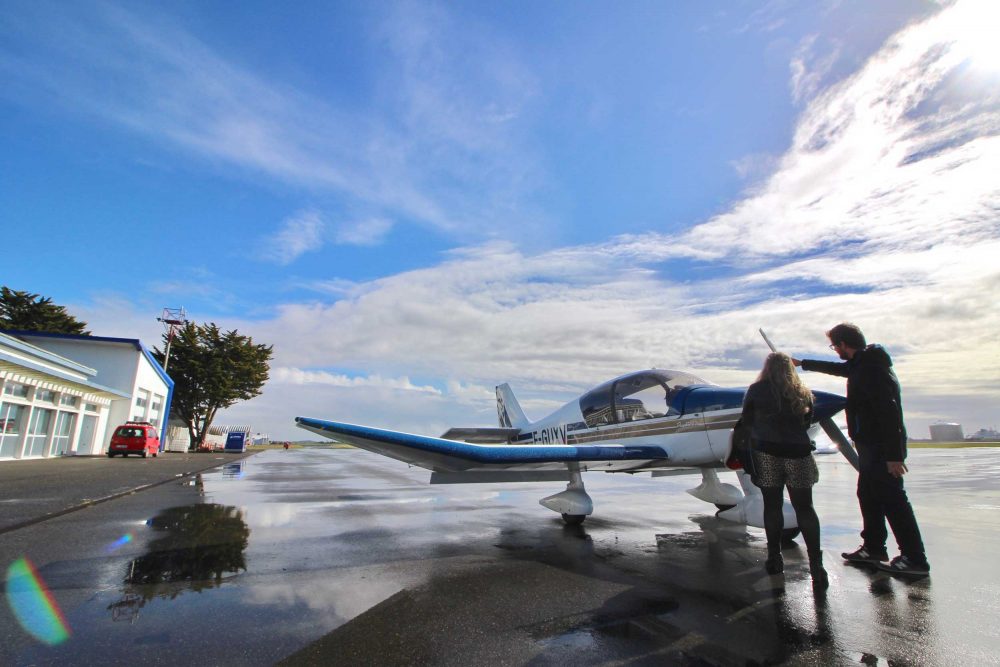
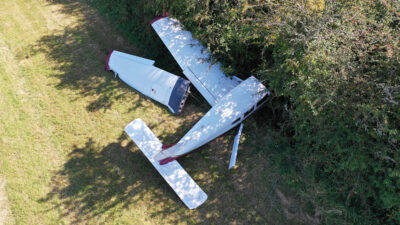
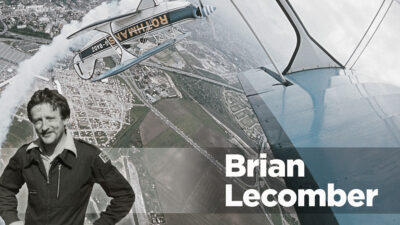
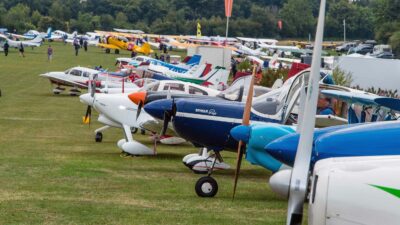
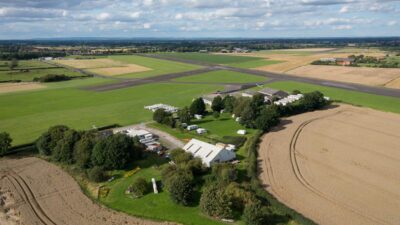
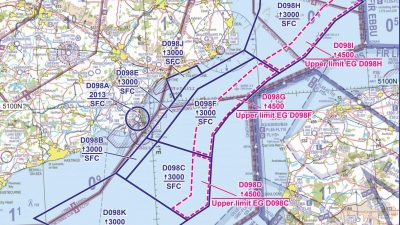
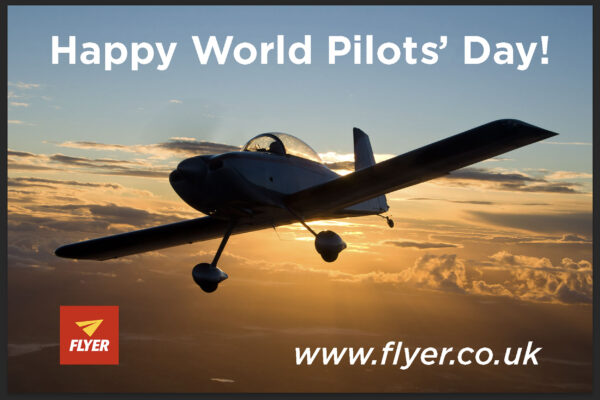

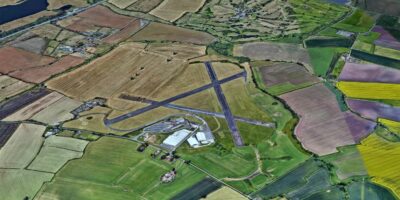
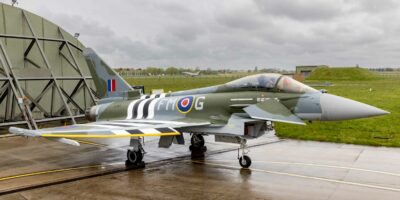
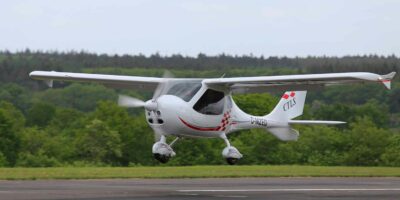
4 comments
I really think this should be down to ibndividuals and in no way conducted by anyone else on there behalf. The concept is fair and reasonable.
It’s not before time. The amount of illegal flights disguised via cost sharing platforms has to be regulated.
If I hire an aircraft I can share all the costs of this flight which will include fuel plus the costs to the operator of hangarage, maintenance and depreciation etc.
However if I use the aircraft I have a share in I can only share the direct fuel cost. The charges that we also have to pay for hangarage and maintenance etc cannot be shared . This does not seem to be fair.
The CAA should be spending their time doing real investigations of illegal public transport operation, rather than just impose a load of pointless bureaucracy (including form filling that is way more onerous than an AOC operated charter flight) on GA pilots cost sharing with their mates which is what most cost sharing is about.
If they think that certain online platforms are close to the mark, then impose more rules on advertising and audit such operations more often, don’t tar everyone with the same brush.
But even for them, there are loads on online moaners who come up with hypothetical cases of why such websites are so bad and are going to lead to so many accidents, but they have no evidence, it’s all just made up. If there is real evidence then the CAA should be investigating already, they don’t need to change the rules, just apply the current rules.
Why the double standards saying if I own the aircraft I can only share fuel costs and certain other direct costs, whereas with a rented aircraft I can share all the rental costs, which include maintenance, insurance, hangarage, clubhouse, owner profit and many other costs.